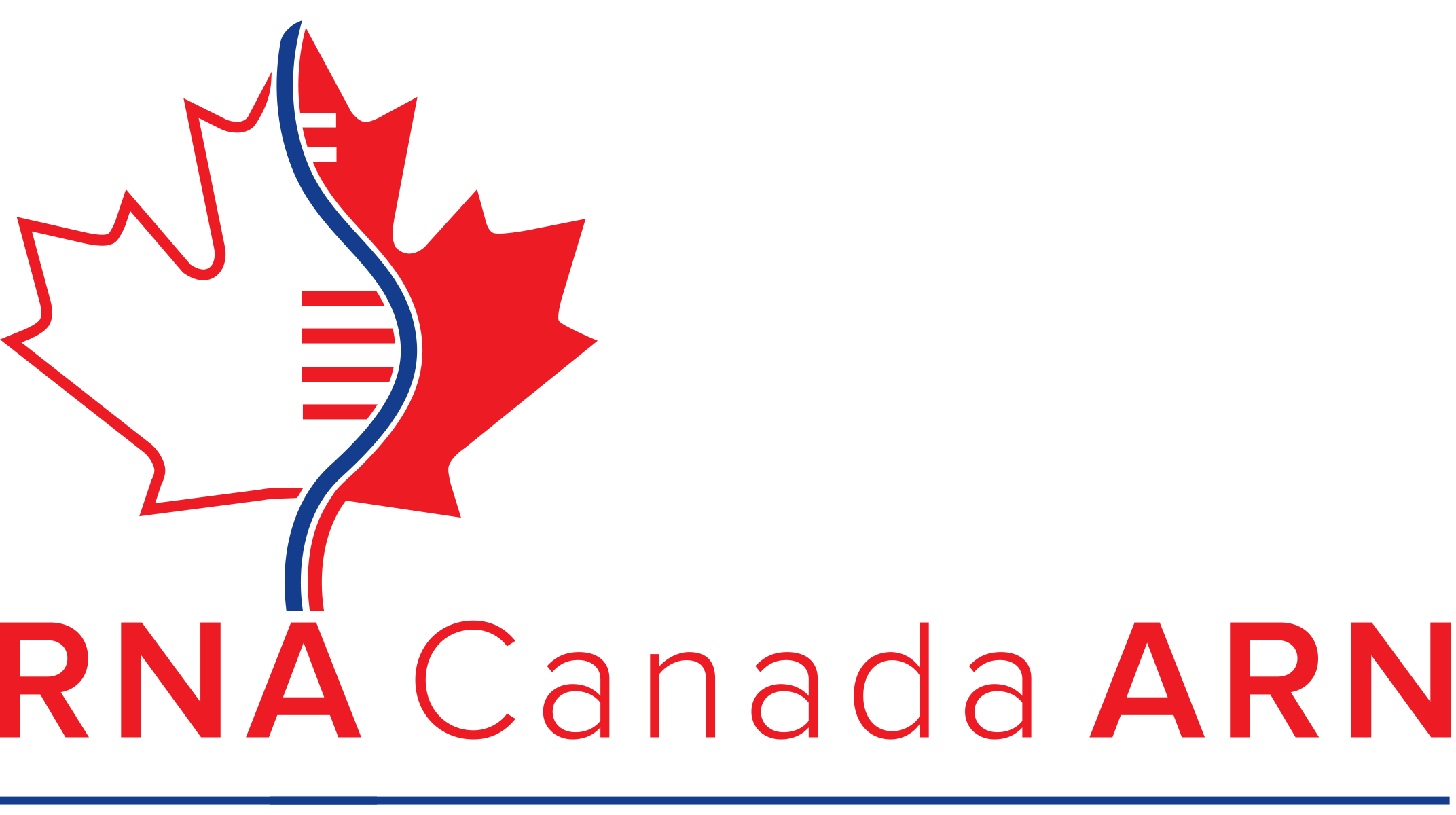Funding Opportunities
This page details some of the common funding mechanisms for academic researchers and for academic-industry partnerships. Check back often for more information on new funding competitions.

Operating Grants: Researcher
Canadian Institutes of Health Research (CIHR):
Project Scheme Operating Grants: The Project Grant program is designed to capture ideas with the greatest potential to advance health-related fundamental or applied knowledge, health research, health care, health systems, and/or health outcomes. It supports research projects proposed and conducted by individual researchers or groups of researchers in all areas of health.
Natural Science and Engineering Research Council of Canada (NSERC):
Discovery Grant Program: The Discovery Grants (DG) program assists in promoting and maintaining a diversified base of high-quality research capability in the natural sciences and engineering in Canadian universities fostering research excellence; providing a stimulating environment for research training
Banting Research Foundation:
Discovery Award Program: A year-long grant offering up to $30,000, designed to support groundbreaking health and biomedical projects. This award is exclusively for trailblazing new investigators from universities and research institutes across Canada who are within their first three years of academic appointment and have received a start-up package of less than $200,000
Canadian Cancer Society:
Canadian Cancer Society Emerging Scholar Research Grants: This program is aimed at establishing and advancing promising early career investigators from across Canada with a focused commitment to undertaking cancer research. Through this program, early career investigators will develop their cancer research programs in Canada and pursue important scientific advances of the highest quality and potential for impact in the four pillars of health research (biomedical; clinical; health services; and social, cultural, environmental and population health).
Industry Partnered Grants
Natural Science and Engineering Research Council of Canada (NSERC):
Collaborative Research and Development (CRD) Grants are intended to create mutually beneficial collaborations between Canadian universities and private and/or public sector partners that lead to advancements that will result in economic, social or environmental benefits for Canada and Canadians
Innovate: Alliance funding supports R&D collaborations between Canadian university researchers and partners from the private, public or not-for-profit sectors, as well as opportunities for Canadian researchers to work with national and international academic counterparts.
Innovate: Commercialization supports commercialization and recognize outstanding innovation in the natural sciences and engineering.
Idea to Innovation grants: The objective of Idea to Innovation (I2I) grants is to accelerate the pre-competitive development of promising technology originating from the university and college sector, and to promote its transfer to a new or established Canadian company.
CREATE: The Collaborative Research and Training Experience (CREATE) program supports the training and mentoring of teams of highly qualified students and postdoctoral fellows from Canada and abroad through the development of innovative training programs that: encourage collaborative and integrative approaches, and address significant scientific challenges associated with Canada’s research priorities; facilitate the transition of new researchers from trainees to productive employees in the Canadian workforce
Genome Canada
Genomic Applications Partnership Program: The GAPP funds downstream research and development (R&D) projects that address real world opportunities and challenges defined by “Receptor” organizations such as industry, government, or not-for-profit entities. These organizations should have the expertise, resources and commitment to commercialize or implement the project’s outcomes. Projects must be active collaborations between the Receptor organization (Canadian or international) and a Canadian academic researcher. Both must play an integral role in the project. These projects are co-funded by Receptors and other stakeholders and must have the potential to generate significant social and/or economic benefits for Canada.
Training Grants
Tri-Council (NSERC, CIHR, SSHRC):
Canada Graduate Scholarships — Master’s program: The objective of the Canada Graduate Scholarships – Master’s (CGS M) program is to help develop research skills and assist in the training of highly qualified personnel by supporting students who demonstrate a high standard of achievement in undergraduate and early graduate studies.
Canada Graduate Scholarships — Doctoral program: The objective of the Canada Graduate Scholarships — Doctoral (CGS D) program is to promote continued excellence in Canadian research by rewarding and retaining high-calibre doctoral students at Canadian institutions. By providing support for a high-quality research training experience to awardees, the CGS D program strives to foster impacts within and beyond the research environment.
Vanier Canada Graduate Scholarships (Vanier CGS): Named after Major-General Georges P. Vanier, the first francophone Governor General of Canada, the Vanier Canada Graduate Scholarships (Vanier CGS) program helps Canadian institutions attract highly qualified doctoral students. Foreign students eligible.
Banting Postdoctoral Fellowships: The Banting Postdoctoral Fellowships program provides funding to the very best postdoctoral applicants, both nationally and internationally, who will positively contribute to the country’s economic, social, and research-based growth.
Provincial:
British Columbia Graduate Scholarships: The province of British Columbia has funded BC Graduate Scholarships (BCGS) in any field of study, with emphasis on research in science, technology, engineering and mathematics (STEM) fields, and support for Indigenous students. The scholarships of $15,000 will be awarded by graduate programs and disciplinary Faculties.
Alberta Graduate Excellence Scholarship: The Alberta Graduate Excellence Scholarship recognizes outstanding academic achievement of students pursuing graduate studies in Alberta. It was established to incent the best and the brightest students, including international students, to study in Alberta.
Saskatchewan Innovation and Opportunity Scholarship: The Saskatchewan Innovation and Opportunity Scholarship program for post-secondary students provides funding by the Government of Saskatchewan, matched with funds raised by post-secondary institutions through private sector and community-based partners.
Research Manitoba Master’s Studentship Award: The Master’s Studentship Awards support highly qualified Master’s students to prepare for careers as independent researchers in industry, within the healthcare system, and in other environments, thus attracting and retaining the best students within Manitoba.
Research Manitoba PhD Research Studentship: PhD Research Studentships support highly qualified postdoctoral trainees to prepare for careers as independent researchers.
Ontario Graduate Scholarship (OGS) Program: Students in graduate studies at the master’s and doctoral levels can apply for a merit-based scholarship through the Ontario Graduate Scholarship (OGS) Program.
Doctoral Training Scholarships – FRQS: The scholarships granted by the Fonds de recherche du Québec aim to help support new generations of students in a range of research sectors: natural sciences, mathematics sciences and engineering (FRQNT), human health (FRQS), human and social sciences, art and literature (FRQSC).
Nova Scotia Graduate Scholarships: The objectives of this award are to attract and retain top-quality research graduates, as well as to encourage exploration, discovery, and innovation in research priority areas for Nova Scotia. Apply through your institution in Nova Scotia.
We are working to build a funding database of opportunities relevant to our members. The database can be found here:


